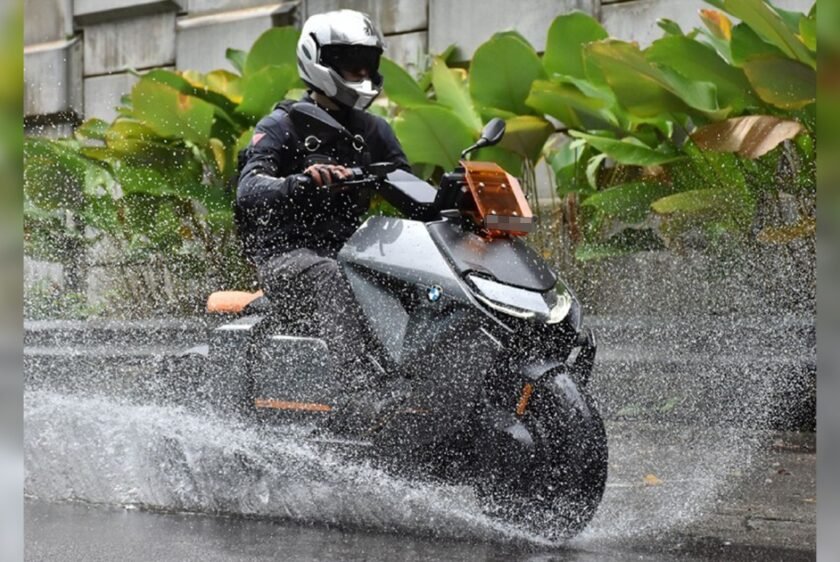As part of ongoing efforts to improve vehicle and road safety, the Land Transport Authority (LTA) said on Tuesday (Sept 16) that it will require all newly-registered motorcycles to be equipped with Anti-lock Braking System (ABS) from April 1, 2027.
ABS is a safety feature that prevents the wheels on motor vehicles from locking up during sudden or hard braking.
This allows the driver or rider to maintain steering control and stability. All new cars here are already equipped with it, even though it has not been a legal requirement.
LTA has been studying the impact of ABS for all motorcycles since 2023. Last year, the transport regulator was in talks with motorcycle retailers on the feasibility of requiring all new two-wheelers here to be fitted with this system.
Citing a World Health Organisation study in its latest announcement, the authority said that motorcycles equipped with ABS have a 37 per cent lower fatal crash rate compared to those without it.
The transport regulator added that as at end-2024, about half of all motorcycle population in Singapore are already equipped with the system.
“The motor industry has an 18-month transition period to clear existing stocks and bring in ABS-equipped models,” said LTA, adding that Singapore will be the first Asean country to require all new motorcycles to be equipped with ABS.
The requirement is not new in other parts of the world, though.
Checks online show that similar regulations are in place in the Europe, India, and the United States — for motorcycles from 125cc onwards.
In 2024, fatal accidents involving motorcyclists rose by 20.8 per cent, while motorcyclist and pillion rider fatalities increased by 25 per cent in 2024 compared to 2023, according to the Traffic Police’s 2024 annual road traffic situation report.
There was also an increase in the number of accidents involving motorcyclists in the first half of 2025. It was up 9.5 per cent to 2,088, from 1,907 accidents in the same period last year.
More motorcyclists and pillion riders were hurt, from 2,164 in the first half of 2024 to 2,323 in 2025.
[[nid:721924]]
editor@asiaone.com




